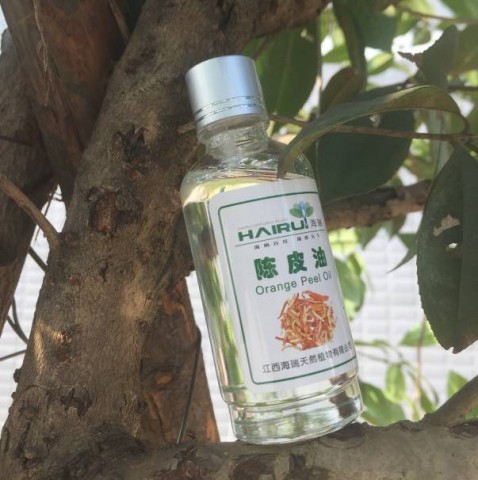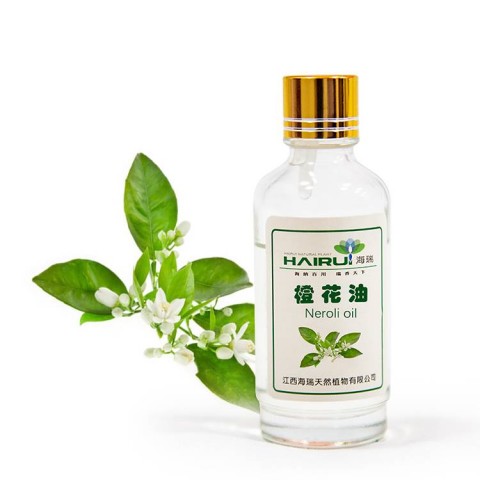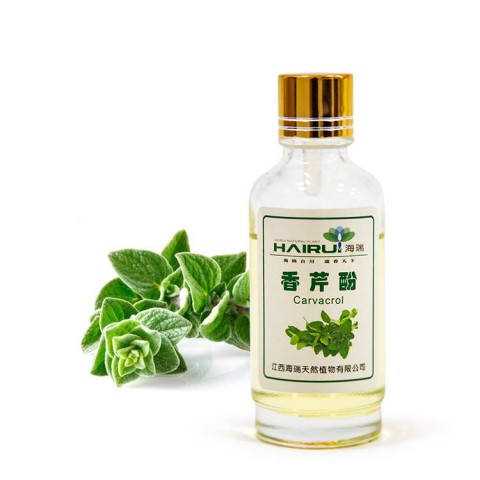Eugenol derived from of dried clove buds known as Turkish Clove (Syzygium aromaticum Linn) a precious spice native of Indonesia.
Eugenol the active ingredient in clove oil has been widely used in the dental profession to alleviate pain and as a bacteriostatic and antiseptic, and is an tive incorporated into many dental products.
Eugenol not only controls insects like ants but also provides a knock out to hard to control pests like mites, ticks and spiders, unlike most synthetic pyrethroids that do not work against most of these pests or have resistance issues.
Not only in and around the home but in lawns and gardens controlling scale, aphids, whiteflies, mites, trips, chinchbugs, Sri Lankan Weevil, lace bugs and many more insect and arachnid pests.
With anti-fungal properties Eugenol is proven to prevent and control some fungal diseases on plants.
In this article we will discus several scholarly studies that demonstrate the uses and effectiveness of Clove oil Eugenol.
In the study “Acaricidal Activity of Eugenol Based Compounds against Scabies Mites” Human scabies is casued by Sarcoptes scabiei var hominis known as the itch mite a pathogen that burrows into skin causing an inflammatory reaction of the skin leading to pruritic lesions that is ussually followed by a secondary bacterial infection of the skin.
Eugenol demonstrates acaricidal properties results showed that clove oil eugenol was highly toxic against scabies mites. The analogues acetyleugenol and isoeugenol demonstrated a positive control acaricide by killing the mites within an hour of contact.
In comparison to traditional treatment for scabies which is treated with the synthetic insecticide permethrin and with the oral treatment ivermectin, a natural option such as clove is much sought after.
At concentrations tested from 1.56% to 25% clove oil Eugenol resulted in a 100% mortality in only 15 minutes in comparison to mites that also died with Permethrin.
Those mites that where resistant to Permethrin also died at the same time but required higher concentrations solution of about 6.25% of eugenol clove oil demonstrating that the sensitivity or resistance to synthetic insecticides can cause resistance to natural pesticides.
Eugenol as a Termiticide

Eugenol was found most effective as termiticide to control termites in the study “Essential Oils as Green Pesticides: Potential and Constraints.” It was also effective as a fumigant and a feeding deterrent which is great for lawn and ornamental insect pests.
Clove oil In Mosquito Control
Clove oil is also is also active against the yellow fever mosquito Drosophila melanogaster Meigen, Aedes aegypti the mosquito that transmites the Zika virus and the northern house mosquito D. melanogaster.
Clove Oil As A Mosquito Repellent
A combination of 50% Clove oil, 50% Geranium oil or with 50% thyme oil prevented biting for 1.25 to 2.5. Thyme and clove oils were the most effective mosquito repellents and provided 1.5 to 3.5 houirs of hours of repellency in Aedes aegypti (L.) and Anopheles albimanus. Repellency of Essential Oils to Mosquitoes (Diptera: Culicidae) the downside was both persons in this study considered the odor of clove and thyme oils unacceptable at concentrations above 25%.

In American Roaches Eugenol has proven to control roaches by blocking the octopamine receptors binding sites as illustrated in two studies “Insecticidal activity of essential oils: octopaminergic sites of action.”
Clove Oil To Control Stored Grain Pest
In a stored grain pest study “Insecticide activity of clove essential oil on bean weevil and maize weevil” Eugenol had a 100% control of Bean weevil and maize weevil in 48 hours demonstrating clove oil’s potential for a powerful fumigant with ULV applicators and an efficient alternative to pyrethrins and other synthetic insecticides such as methyl bromide or Phosphine gas in “Contact and fumigant activity of 1,8-cineole, eugenol and camphor against Tribolium castaneum (Herbst).” Control of The red flour beetle, Tribolium castaneum was 100% adult mortality was obtained with a dose increase of eugenol from 0.2 to 1.0 μL/
Five naturally occurring in essential oils were tested in” Typical Monoterpenes as Insecticides and Repellents against Stored Grain Pests.” for their insecticidal and repellency against the bruchid beetle Callosobruchus maculatus and the maize weevil Sitophilus zeamais. All were highly efficient as inducers of mortality or repellency against both insect species however Eugenol was one of the most effective fumigants against both insects and one the most effective repellent against Callosobruchus maculates.

The antifungal properties of eugenol were tested against ten plant pathogenic fungal species in the study “Antifungal activity of eugenol against Botrytis cinerea” which is an is an airborne plant pathogen attacking more than 200 crop plants like fruits and vegetables, most known for affecting wine grapes and is the agent of gray mold disease.
Eugenol has long been known for its antimicrobial activity against a many food-borne, wood decaying fungi, and human pathogens.
The study suggests that Eugenol can be used in the control of B. cinerea and other phytopathogenic fungi thus can also be considered as a possible alternative for synthetic fungicides.
We have been using and testing Clove oil Eugenol along with Thyme oil, Garlic oil, Peppermint oil, Rosemary Oil, Geraniol, White Mineral Oil, Wintergreen Oil and Cottonseed Oil to effectively control insects, mites, arachnids and help prevent diseases on ornamental and effectively control pyrethroid and nonictenioid resistant ticks.
Blog Headline: Clove Oil Eugenol A Pesticide Against Insects, Mites, and FungusBlog Description: In the battle against pests people looking for alternatives to synthetic pesticides Clove Oil Eugenol A Pesticide Against Insects, Mites, and Fungus. Published Date: Franklin Hernandez Franklin Hernandez Publisher Name: Nature Pest
Media Contact
Company Name: JiangXi HaiRui Natural Plant Co., Ltd.
Email: Send Email
Phone: +86 18879697105
Country: China
Website: https://www.hairuiessentialoil.com/

